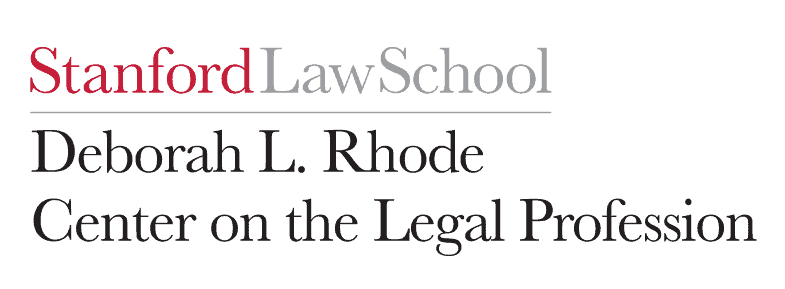“When you relax the various rules that govern legal services in responsible ways, with oversight, you generate a lot of salutary innovation that helps people,” says Stanford law professor David Freeman Engstrom, a co-author of the report. “The access concerns are so grave that we have to find new ways to deliver legal services using an innovative mix of lawyers, nonlawyers and software.”
Nonlawyer participation in the legal profession is a contentious issue. But Engstrom says the study shows the “sky is not falling.” The report found that lawyers were central to the innovations. And there were few consumer complaints against the 57 entities that were part of the study.
But Engstrom notes that there are millions of people who go without representation in civil cases. He suggests a hybrid model including lawyers, nonlawyers and technology should be tested in other states.
He says the results of the study were enough to persuade him that “some experimentation is in order,” and it was worth trying out “new business models or new delivery models” in markets besides Arizona and Utah.
The study was co-authored by Lucy Ricca, director of Policy and Programs at the Deborah L. Rhode Center on the Legal Profession, and Stanford Law School students Graham Ambrose and Maddie Walsh.
